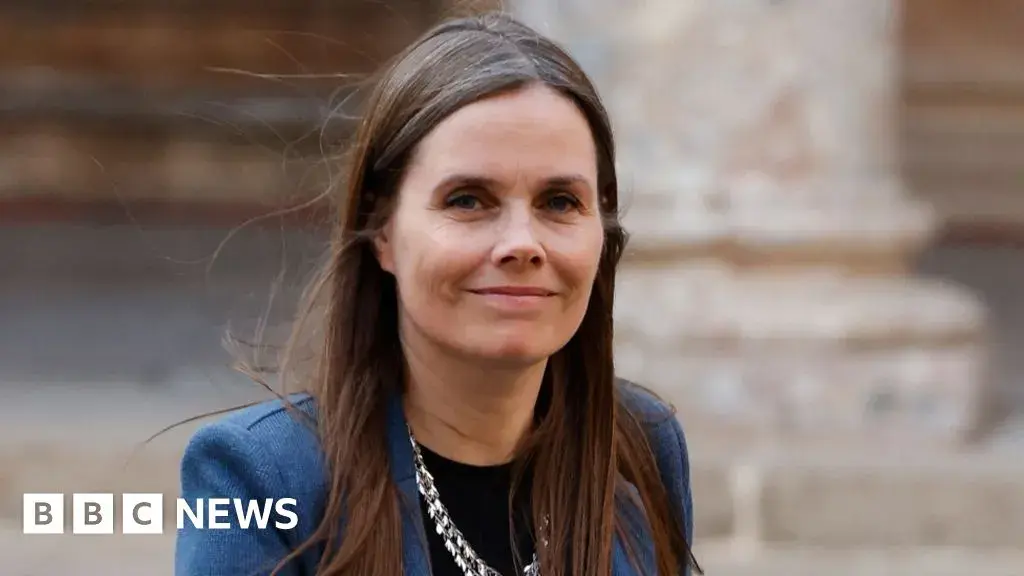I often find it a bit awkward when lawmakers join in on protests, like isn’t a protest to make our voices heard by them in the first place?
Although of course there is only so much you can do, even as a prime minister, so it might still be important for her that she wants to see it better.
I can see that. On the other hand, politicians standing side-by-side the general population is something I would like to see more of. Eventually it could lead to higher expectations from our leaders. But of course, you’d have to endure the initial wave of PR stunt appearances for awhile.
In my country, strikes are almost universally smeared as the worst evil anyone could possibly do. I would LOVE for a political leader to reinforce the validity of striking like this.
The rest of the population should also pay attention, and it’s the kind of support that shields the protest from being easily dismissed.
🤖 I’m a bot that provides automatic summaries for articles:
Click here to see the summary
Tens of thousands of women in Iceland, including Prime Minister Katrín Jakobsdóttir, will refuse to work on Tuesday.
The “kvennafri”, or women’s day off, has been called in protest at the gender pay gap and gender-based violence.
Women and non-binary people have been urged to refuse paid and unpaid work on Tuesday, including household chores.
“I will not work this day, as I expect all the women [in cabinet] will do as well,” Iceland’s PM Ms Jakobsdóttir told the mbl.is website.
Ms Jakobsdóttir said her government is looking into how female-dominated professions are valued, in comparison to fields traditionally dominated by men.
Around 90% of the Iceland’s female population went on strike in 1975, seeking to highlight the importance of women to the economy.
Saved 62% of original text.




